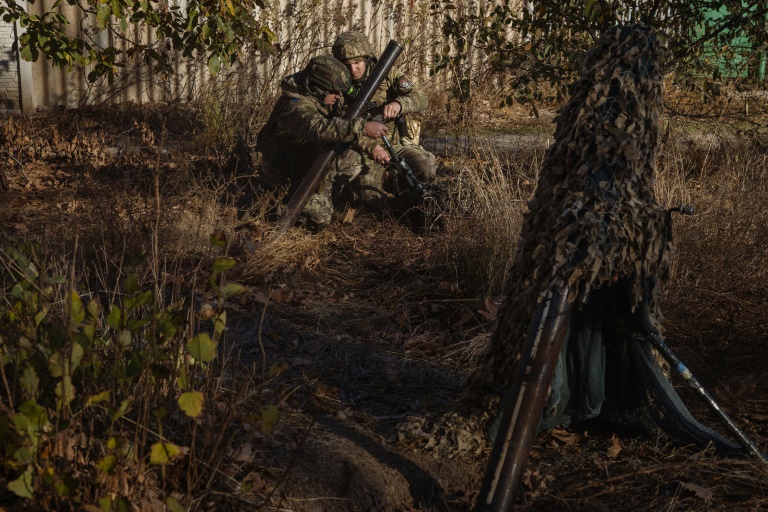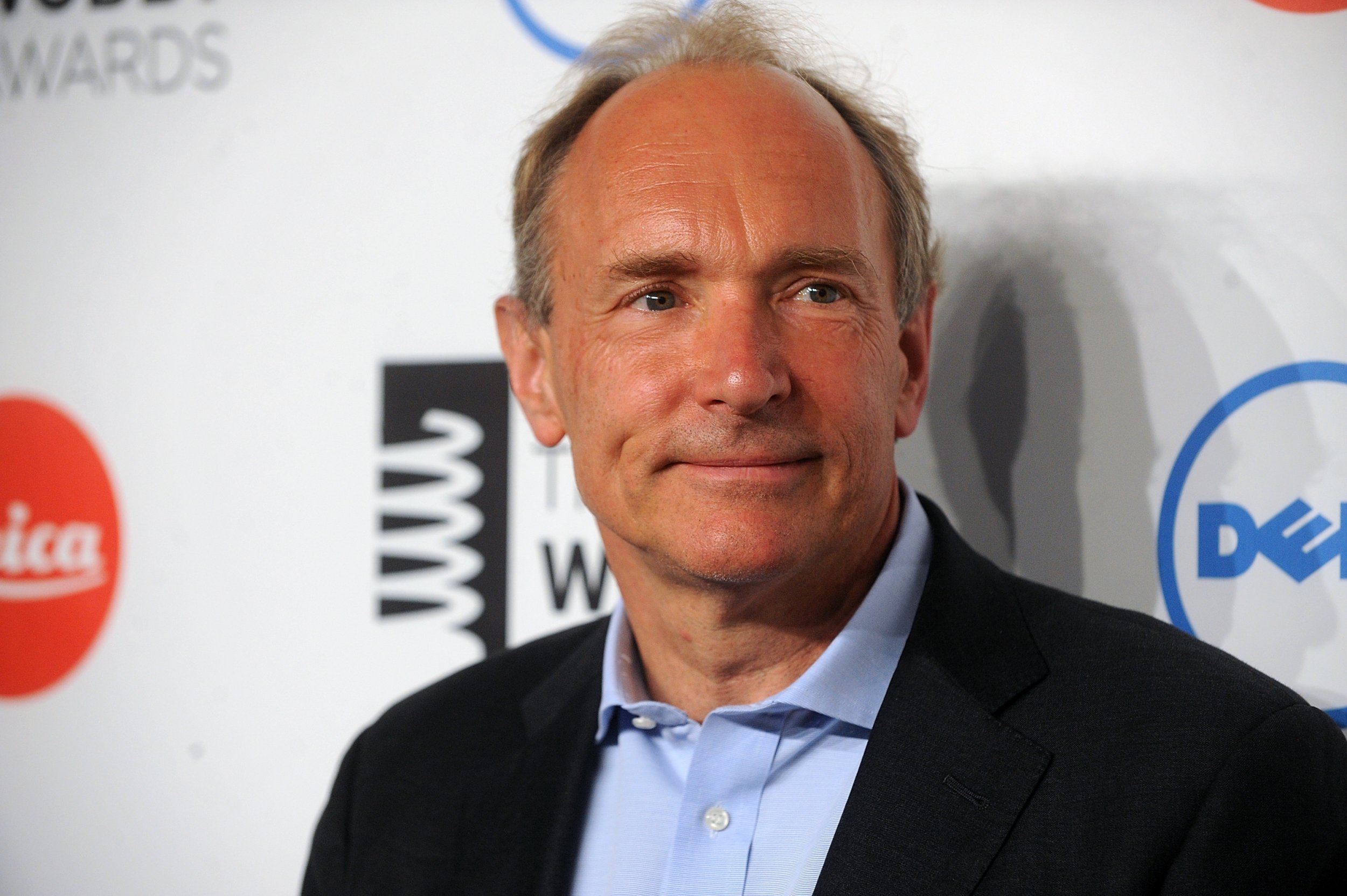[ad_1]
Russia’s election commission on Thursday blocked pro-peace politician Boris Nadezhdin from running in next month’s presidential election, the candidate said in a post on social media.
President Vladimir Putin is set to secure another six-year term in the March 15-17 contest, in which all major opposition politicians have now been barred from running.
Only three other candidates — all from ceremonial opposition parties that are backed by the Kremlin — now are registered to stand in next month’s election.
“The CEC (Central Election Commission) refused to register my candidacy for the post of president of the Russian Federation,” Nadezhdin said, adding that he would appeal against the decision at Russia’s supreme court.
“I do not agree with the commission’s decision… Participating in the 2024 presidential election is the most important political decision of my life. I will not pull back from my intentions. I will appeal against the CEC’s decision at the supreme court,” he said on Telegram.
At a hearing in Moscow on Thursday, election officials said they found flaws with more than 9,000 of the 105,000 signatures Nadezhdin submitted from people backing his candidacy — above the permitted five-percent error rate.
His chances of overturning the ruling at an appeal are non-existent, with the Kremlin exercising total control over elections in the country.
Ahead of the decision, Nadezhdin’s team said the alleged “errors” found by the commission included minor typos that happened when handwritten submissions were put into its computers.
The 60-year-old’s calls to stop Russia’s military offensive against Ukraine brought out crowds of Russians across the country last month to support his bid to get on the ballot.
Images of long queues of people waiting to sign his nomination papers punctured the Kremlin’s narrative that Russian society is united behind Putin’s campaign against Ukraine.
At the hearing in central Moscow on Thursday, Nadezhdin said “tens of millions of people were going to vote for me”.
“I’m in second place, behind Putin,” he said.
Russia’s usually fractured opposition — from jailed Kremlin critic Alexei Navalny to exiled former oligarch Mikhail Khodorkovsky — had thrown their backing behind Nadezhdin, saying support for him was a legal and safe way to protest against the Kremlin.
Since ordering troops into Ukraine in February 2022, Russia has tightened already strict laws against public dissent and thrown dozens in prison for speaking out against its intervention.
In an interview with AFP in January, Nadezhdin — whose name shares a root with the Russian word for “hope” — described the conflict in Ukraine as “catastrophic” and said he wanted to “free political prisoners” in Russia.
A local councillor in a town outside Moscow, he spent 30 years in second-tier Russian politics, mostly aligned with various opposition groups.
Once aligned with murdered Kremlin critic Boris Nemtsov, Nadezhdin also previously rubbed shoulders with Putin and other Kremlin insiders in the early years of Putin’s rule.
Putin, 71, has led Russia as either president or prime minister since the final day of 1999.
During his two decades in power he has quashed all serious domestic opponents, throwing them in prison or forcing them into exile, banned independent media, outlawed protests and quashed political and civic freedoms.
In 2020, the Kremlin leader pushed through controversial constitutional amendments to reset presidential term limits, paving the way for him to stay in power until at least 2036.
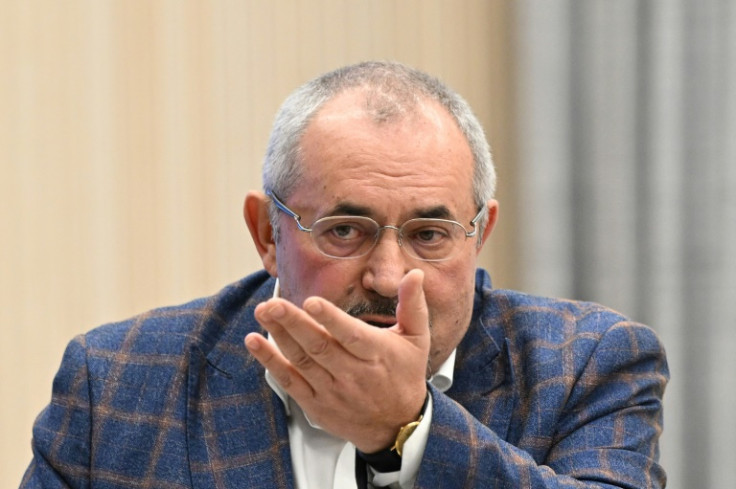
AFP
[ad_2]
Source link

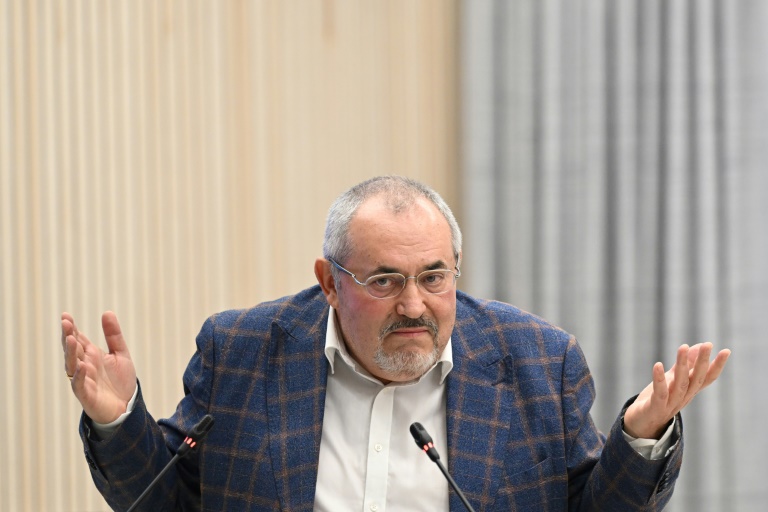
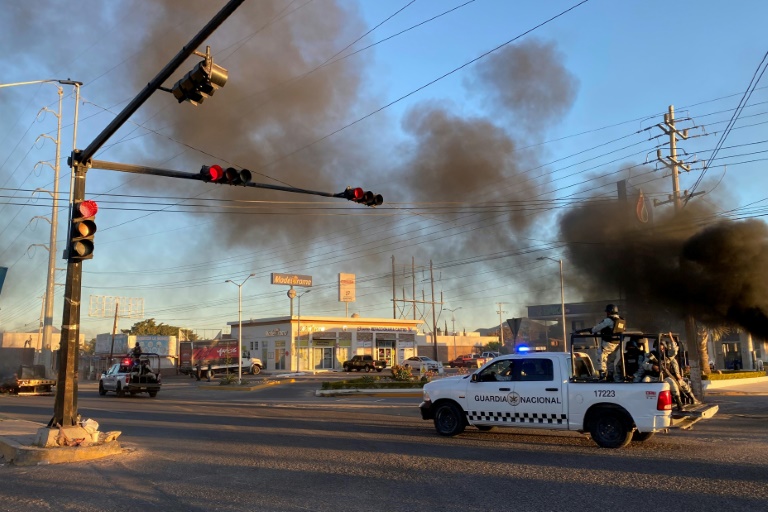

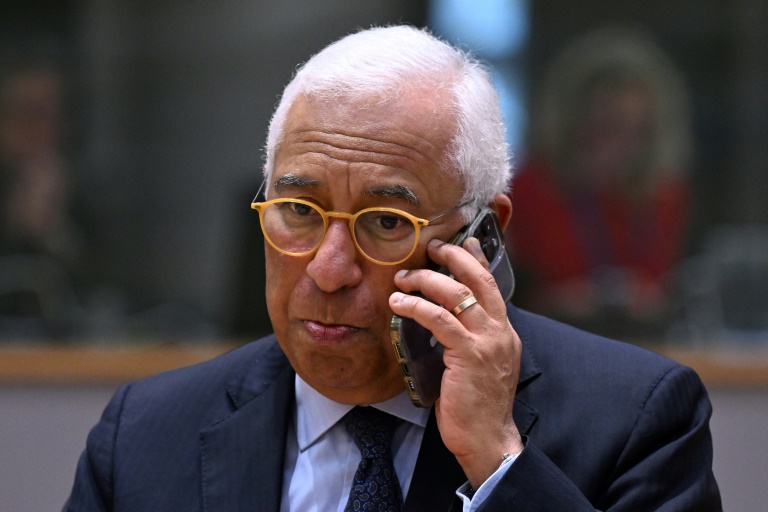



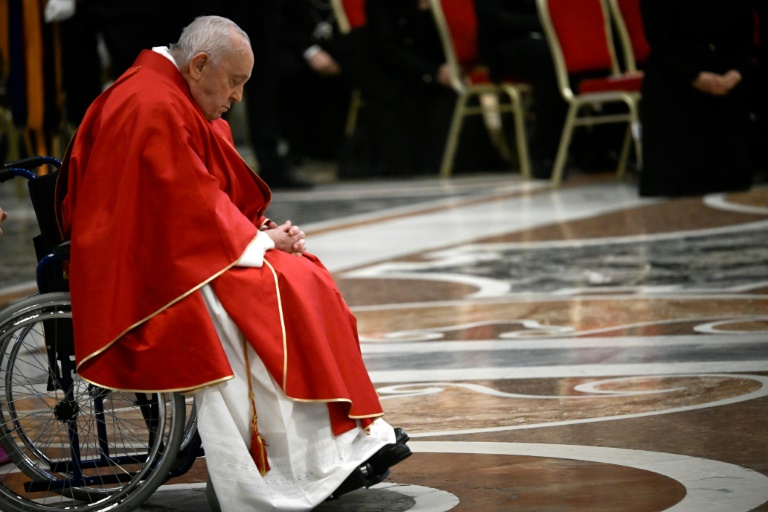
![Queen Elizabeth II: Cloud Formation Resembling the Queen Appears Over English Town Hours after Her Death [WATCH]](https://data.ibtimes.sg/en/full/61653/cloud-resembling-queen.jpg)
